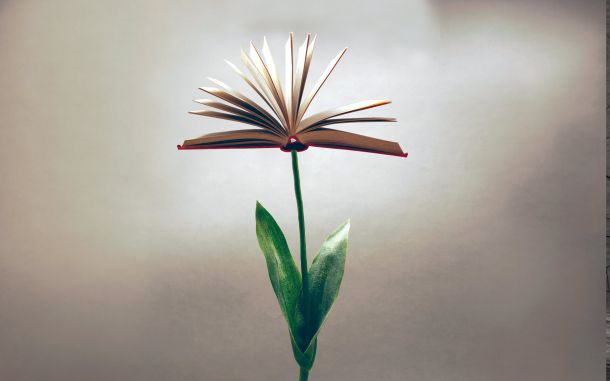Editorial: Suffering

Nobody wants it, but it looks like “suffering” is one powerful source of impetus for us to move forward and faster. Many readers might have seen the test in which two balls are being dropped on an inclined plane with two ramps, one straight and shorter, the other with dips and hills and longer, though both starting and ending at the same spots, to see which one reaches the end faster. Many think the one on the straight ramp would reach faster, for the ramp is shorter and there is no hill to slow down the ball. However, it is the other one that goes faster: the uphill slopes also go on a downhill ride, which help the ball accelerate even more. Life is never a straight plane, and The Fountain 148 is offering some perspectives on how the bumps on our path can actually help us grow exponentially – we may just need a little push from behind.
In “Dreams Are Fragile,” Mustafa Ridvan tells us about suffering at a societal level by sharing his own college experience. As is the case for millions of other students around the world college is a bumpy road. Thanks to that little push from charitable funds and of course his perseverance in the face of many difficulties like studying away from home, language barrier, desperately looking for a position, and uncertainties, he was able to complete his studies in medicine and now is working to give back.
At a micro level, human life starts with the suffering of a sperm desperately rushing to reach the ovum. In “A Journey of the Mind in the Mother’s Womb,” Fatmanur Kilic explains how an amazing this journey is when we reflect upon it with its both visible and invisible dimensions. As the sperm unites with the egg, both forsake their existence to become something completely new: an embryo that will grow in the womb, as the mother will have to deal with many transformations in her body. Despite many sufferings she will go through, the connection with the new life forming in her is a priceless experience which makes all the dips along the way worthwhile.
At a spiritual level, suffering is best told by Yunus Emre, a Turkish poet from thirteenth century, in his poem, The Troubled Watermill. Serdar Kilic explains how Emre interprets the constant squeaking of the wheel of this watermill as the inner groanings of creation. For Emre, these squeaks are murmurs of remembering the Divine – as the wheel turns and groans, it actually voices the inner pain of separation from the Beloved. Similar to Rumi’s reed flute, Emre uses the watermill as the metaphor for the human condition in this worldly life.








